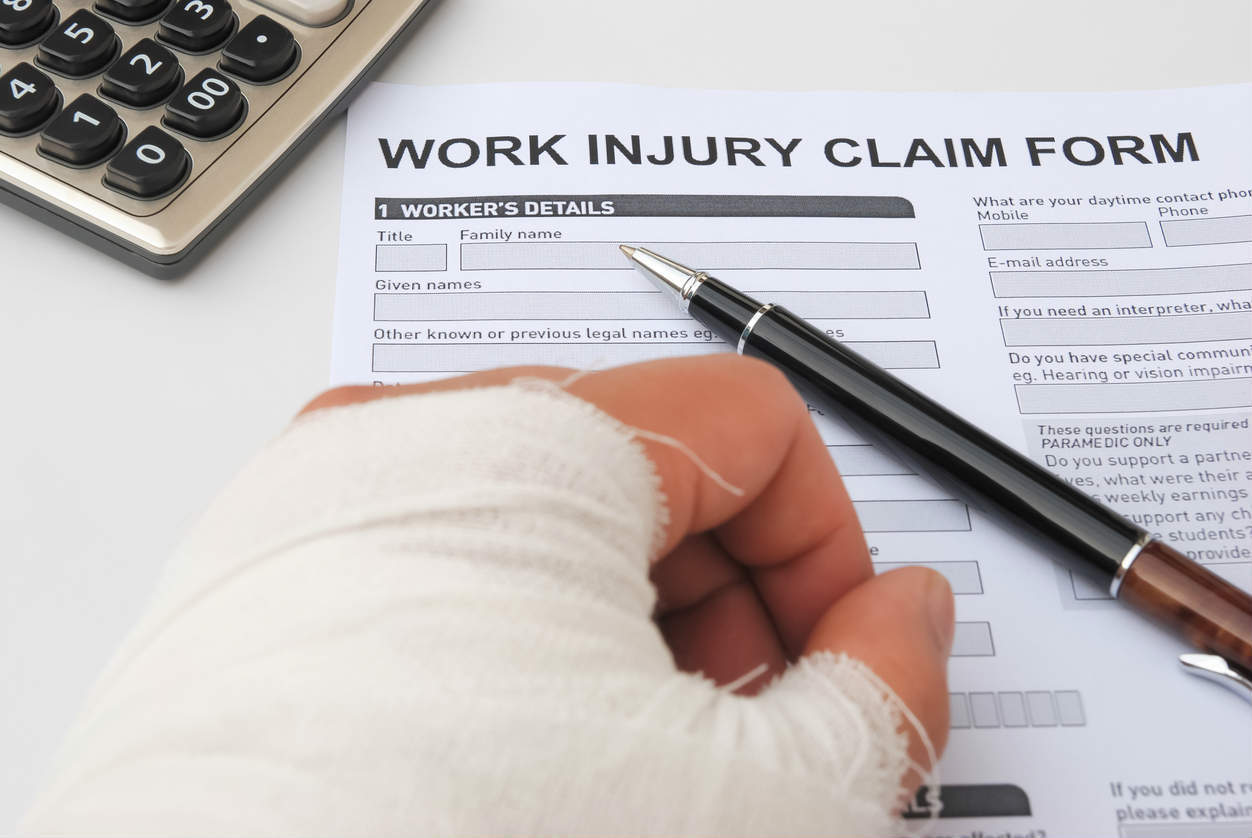There are very specific things that are covered under workers’ compensation as well as some exceptions.

Workers compensation is a type of insurance that an employer is mandated to carry to ensure that if someone is injured while on the job, they can be compensated fairly. In exchange for an employer carrying insurance, the employee foregoes the right to sue their employer for a work-related injury.
Workers’ compensation is a state-required program and benefits are not based on negligence or fault. An employee, in most instances, will be eligible to receive workers compensation benefits even if they were negligent or at fault for the injury. There are very specific things that are covered under workers’ compensation as well as some exceptions.
The things that are generally not covered by workers’ compensation
Workers’ compensation insurance was created to help employees who were injured while they were working within the scope of their employment. Just being injured in the workplace does not necessarily mean that you are eligible for a workers’ compensation claim.
If you are doing something that was outside of the duties of your position, or willfully doing something illegal or senseless, then the insurance company may have the right to deny you coverage. If, for instance, you were doing drugs or drinking alcohol while you were injured, then that might provide grounds to deny your coverage.
The types of things that workers’ compensation benefits pay for
Workers’ compensation is typically not a very generous type of insurance coverage program. There are things that it will cover, but pain and suffering are generally not one of them. The things that workers’ compensation benefits will pay for are injuries including:
- Income replacement
- Medical costs resulting from the illness or injury
- Compensation for any chronic injuries or disability sustained
- Survivor benefits for loved ones left behind
Income replacement is typically about two-thirds of what the employee was earning before the injury happened, but there is also a fixed maximum amount that the benefit amount will not go past. Income replacement benefits usually go into effect immediately following the injury.
Does workers’ compensation cover permanent disability?
Workers’ compensation is not limited to just accidents; it also covers employees who sustain severe injuries that can have a long-term effect. If you have been permanently disabled, a St. Louis work injury lawyer can help make sure your legal rights are protected. Call the Law Office of James M. Hoffmann at (314) 361-4300 for a FREE case evaluation.
